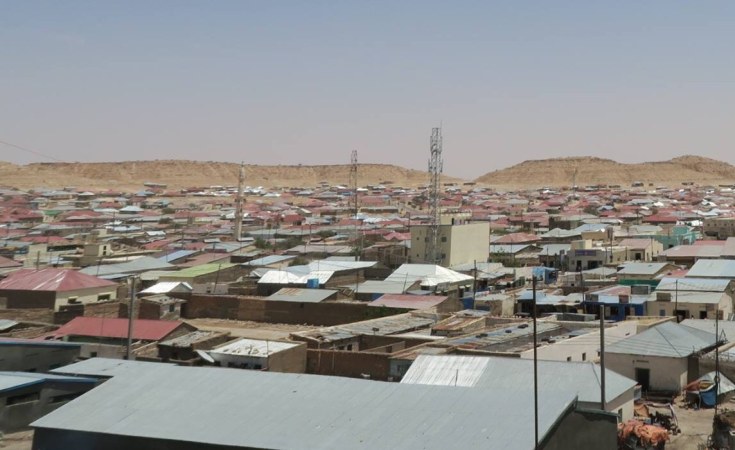Harare — At least 38 people were killed, and more than 130 others injured following two days of fighting in Las Anod town, in Somalia's northern breakaway region of Somaliland, reports VOA.
Volker Türk, the UN High Commissioner for Human Rights, has urged the Somali government to establish an objective, effective, and independent inquiry into the dozens of fatal skirmishes between security personnel and clan members in Las Anod that began on February 5.
"I call on the authorities to conduct a credible and impartial investigation into the clashes to determine who is responsible and hold them to account in fair trials, including the reported damage to homes."
The clashes between Somaliland troops and local fighters follow weeks of unrest in the town, following the assassination of a local lawmaker by masked gunmen. It was the most recent in a string of killings that have occurred in the area over several years that the authorities have attributed to Al-Shabaab fighters.
The "enemy of Somaliland," according to Somaliland's president Muse Bihi Abdi, was responsible for the deaths.
Somalia's President Hassan Sheikh Mohamud has called for a cease-fire in Las Anod. In a speech, he stated that the dispute in Las Anod required a "political solution."
This recent conflict also coincides with a debate over the future status of lands in eastern Somaliland, where a sizable percentage of inhabitants appear to favour Somalia's unification. Since December 2022, tensions have increased in Las Anod, the disputed Sool region's capital. The area has been a source of contention between Somaliland and Puntland, both of which claim ownership of the territory. Since seizing control of the Sool area from Puntland in 2008, Somaliland has been in charge of it. But there have been several clashes between the two groups in the area.
The Horn of Africa is one of the world's most complicated and troubled areas.
Somalia, Ethiopia, Eritrea, Djibouti, and Sudan are all embroiled in lengthy political conflict stemming from local and national grievances, identity politics, and regional inter-state rivalry, according to the Social Science Research Council (SSRC).
Conflict and political unrest in north-east Africa - civil wars, uprisings and attacks by armed insurgents - along with the effects of climate change - are fuelling a famine, causing displacement, loss of livelihoods, and disrupting of food production and food supply chains.
Nearly one in four children under five years of age in Ethiopia, Somalia, Sudan, South Sudan and parts of Kenya, are suffering from chronic malnutrition. As a result, child mortality has increased, and many babies and young children who survive will be stunted for life, unable to ever reach their full mental and physical potential, according to Glory Chigogo, a Nairobi-based communications specialist.


